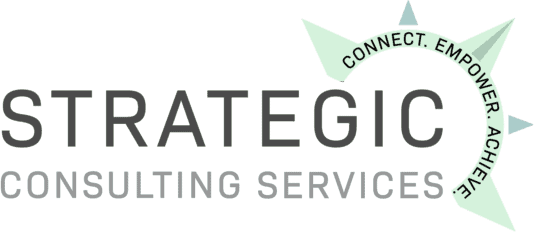While the amount of hours we spend in the office has certainly dwindled, employee requests for leave have certainly skyrocketed. Employees with disabilities often need to use a leave of absence (LOA) even under normal circumstances, but in the COVID-19 landscape, this has been even more common.
Employees with disabilities must be given access per the U.S. Equal Employment Opportunity Commission, as outlined in the Equal Access to Leave Under an Employer’s Leave Policy, which states that, “employees with disabilities must be provided with access to leave on the same basis as all other similarly-situated employees.”
A leave of absence may be requested as a reasonable accommodation for a number of disability-related reasons. Some of the most common reasons include:
- To attend medical appointments related to an episodic or chronic medical impairment (e.g., diabetes, bipolar disorder, asthma, etc.)
- To obtain medical treatment
- To recuperate from an illness or surgery
Some Frequently Asked Questions About LOA
The main source for information provided in this article is this page on the Job Accommodation Network website.
1. Can an employer apply its “no-fault” leave policy to everyone?
No, if an employee with a disability requires additional unpaid leave as a reasonable accommodation, an employer must modify its “no-fault” leave policy to provide the employee with additional leave. Modifying workplace policies, including leave policies, is a form of reasonable accommodation. This policy is further elaborated on the JAN website.
2. Is leave provided as an accommodation required to be paid under the ADA?
Yes, if the employee has accrued paid/sick leave. Once this is exhausted, the employee can be granted additional unpaid leave as an accommodation. Paid leave beyond that which is provided to similarly-situated employees is not required.
3. What duration of leave is required under the ADA?
It is up to an employer’s discretion to determine how much leave is reasonable as an accommodation.
4. Can leave be intermittent?
Paid or unpaid leave, should be used ‘as-needed,’ when it is due to a qualifying medical impairment.
5. Does the ADA require that employers exempt an employee with a disability from time and attendance requirements?
No, “Employers need not completely exempt an employee from time and attendance requirements, grant open-ended schedules , or accept irregular, unreliable attendance.”
6. Does an employer have to hold open an employee’s job while using leave as a reasonable accommodation under the ADA?
Yes, otherwise the accommodation of leave will not be effective. The ADA requires that the employer hold the employee’s position open while on leave, unless it can show that an undue hardship will result.
7. Is an employer required to maintain health insurance benefits during an extended leave under the ADA?
It depends. An employer must continue an employee’s health insurance benefits during the leave period only if it does so for other employees in a similar leave status.
8. Does an employer have to grant indefinite leave as a reasonable accommodation?
Employers are not required to provide indefinite because it can impose an undue hardship on an employer’s operations.
9. Can an employer force an employee to work with accommodations instead of taking leave as an accommodation?
An employer may provide a reasonable accommodation that requires an employee to remain on the job (e.g., reallocation of marginal functions or temporary transfer), as long as it does not interfere with the employee’s ability to address his/her medical needs.
10. Can an employer force an employee to take leave instead of providing accommodations that would enable the employee to work?
No, not if there is an effective reasonable accommodation that will enable the individual to perform essential job functions. Leave is considered a lesser form of reasonable accommodation when an employee can be effectively accommodated to continue working. Under most circumstances, accommodations are intended to keep an individual on-the-job.
Contact the Disability Accommodations Experts at Strategic Consulting
Our team is here to help with your disabilities accommodation issues, vocational rehabilitation needs, ergonomic evaluations, and other employee needs.
We have partnered and provided solutions to some of the largest companies in the world (such as Boeing, Microsoft, and Amazon). But, at our core, we are still “people taking care of people,” one project at a time. Our success is built upon and providing you the best solution to your workplace challenge. Contact us today by filling out a form (below), submitting a referral, or visiting our ‘Contact Us‘ page to find your nearest office.
Ric has been working in the industry since 2002, specializing in developing employer jobsite analysis and light duty programs, ergonomics consultations and adjustments, disability accommodations and providing effective return to work solutions. Ric is Matheson trained in Ergonomics and is a Certified Ergonomics Evaluation Specialist. He earned a Bachelor of Arts Degree in Psychology from Western Washington University and later his Master’s Degree, M.Ed., Education Counseling from Seattle Pacific University. Ric is currently a Registered Vocational Rehabilitation Counselor for the Department of Labor and Industries and has been a Certified Disability Manager Specialist since 2006.

